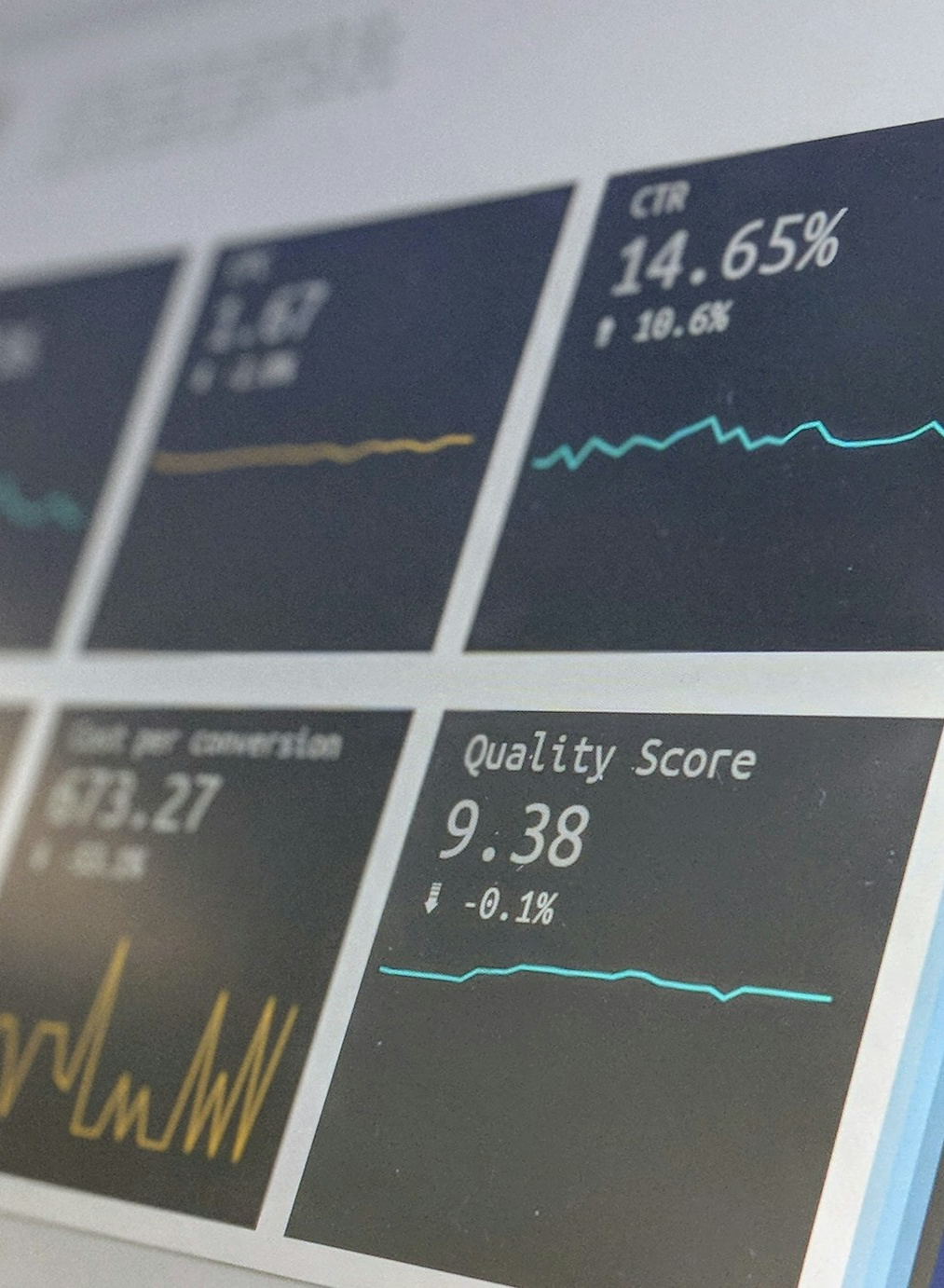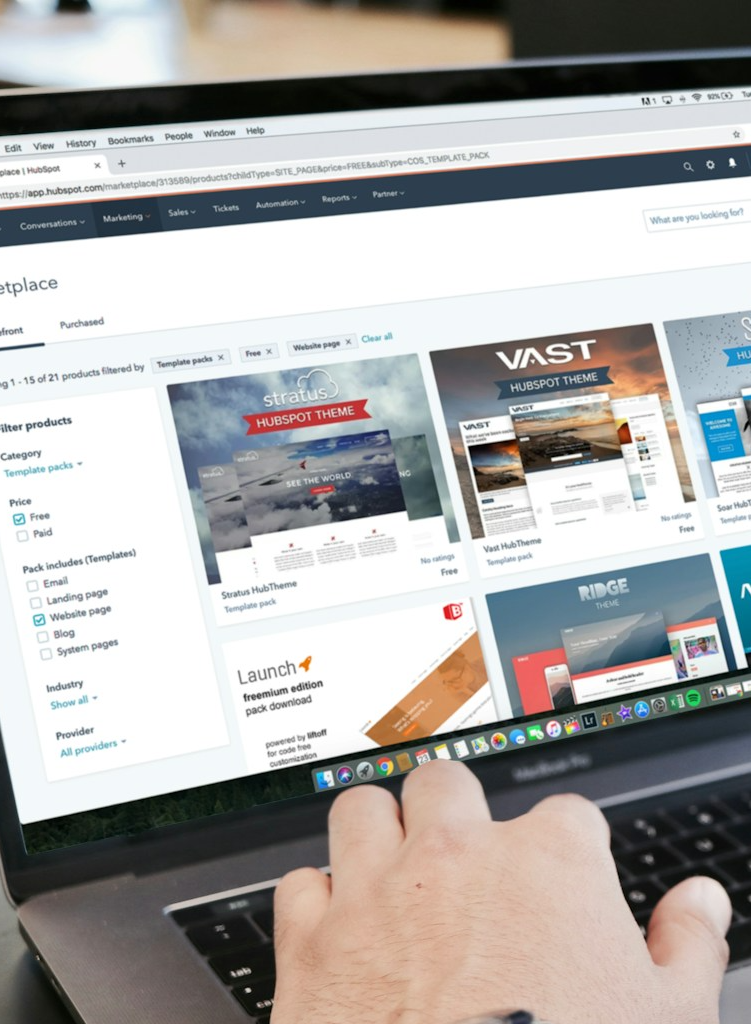While the following is not an exhaustive list of considerations you should assess when looking to launch an e-commerce store, it is certainly a good starting point. Undoubtedly, your analysis may raise more questions through the process. But by raising these questions early, gives you the opportunity to address them sooner rather than later.
1. Do Your Research
Take time to understand what you are getting into and what you want to achieve.
Despite the fact that e-commerce is a rapidly developing sector, it is still a relatively new frontier. As such, the more you understand and address from the outset, the better chance you have of avoiding difficulty later on - especially in the early stages of the project launch.
Your research should consider the following as a start:
- The maturity of your product (how long has it been on the market);
- Level of demand for your product;
- Current prices paid for your product;
- Margins you can achieve when selling your product;
- Competitors and strength of your competitors;
- Ability to stock and send your product;
- Lead time for a product to be available for sale;
- Platforms for selling online;
- ... and more.
2. Gain Experience
If you haven't bought something online, break out the credit card and make some purchases!
It is important that you take some time looking at what other e-retailers are doing and identifying positives and negatives in different online stores. You can then start to gain an understanding for the process; the key pros and cons from sites you admire; and an understanding of what is involved when buying/selling online. This will then form the foundation of what you are looking to achieve on your own online store and assist you in developing the experience you want to offer your own customers.
3. Develop a Plan
Develop a plan - a plan to launch the site; manage the site; and market the site. While this is unlikely to be the final version, it will give you a starting point and something to keep you focused when launching your online store.
One of the key considerations of your plan has to be - "how will you attract your customers to your store"? There are lots of users; but there are also lots of online stores - what strategy do you have in place to ensure that users find your store, browse your store and then BUY from your store.
4. Evaluate All Costs
Bottom line, for your business to be viable, it needs to make money. This is a function of your sales less your costs ... ALL your costs.
So in order to be a profitable enterprise, you need to address all your costs (such as postage) - both fixed costs and variable costs (ie costs per unit).
5. Ensure Your "Presence" Matches Your Product
As you move towards preparing to "launch" a site, you need to start considering how your online "presence" needs to align to your product.
For example, if you're selling high end products, then you need a slick looking site to match. Taking time to ensure that your "presence" and product are aligned will ensure that you get the best result when marketing your online store.
If you're considering establishing an on-line store, speak to us at DCODE GROUP about how to proceed. As a leading Australian IT Consultancy, we can assist you in identifying an approach, building a store and then deploying the store with a market strategy to ensure the greatest chance of success.
--
Get updates, tips and industry news delivered directly to you





